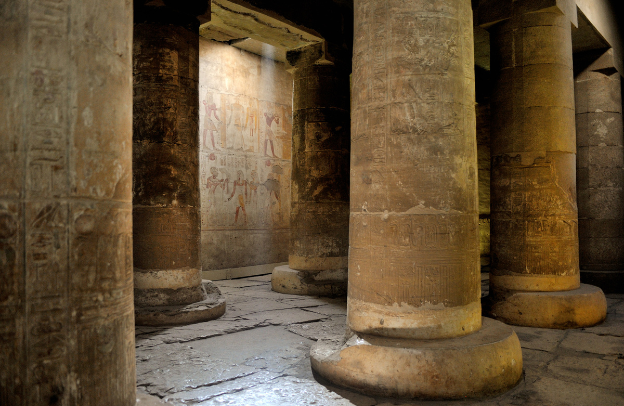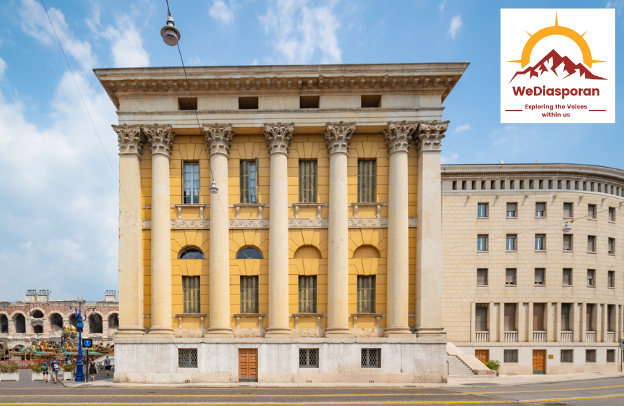Cultural Tourism: Rediscovering Roots Through Indigenous Knowledge Systems (IKS)

Have you ever felt that subtle, unspoken connection to the land when you step onto unfamiliar soil, as if your ancestors are whispering from the earth beneath your feet? Have you wondered how much of your story is written in the songs of your forebears, hidden in the rhythms of the dance, the plants they cultivated, the way they governed their communities?
Learn How to Leverage Your Story through our Story To Asset Transformation (S.A.T) Framework.
If you are of African descent, whether born on the continent or in the diaspora, the richness of your heritage has always been waiting for you—tucked away in the living, breathing systems of Indigenous Knowledge (IKS).
Through cultural tourism, this ancient wisdom is more accessible than ever, offering you a chance to reconnect with your roots and preserve the invaluable teachings passed down for generations.
What is Indigenous Knowledge Systems (IKS)?
Indigenous Knowledge Systems (IKS) are the accumulated wisdom, practices, and beliefs that have been nurtured and handed down through generations within Indigenous communities.
These systems, built upon a deep connection to the land, nature, and community, offer invaluable lessons in sustainability, community building, and holistic well-being. IKS is not merely a static repository of past practices; it’s a living tradition, relevant today as much as it was when your ancestors first shaped it.
At the core of IKS lies the principle of interconnectedness—everything is linked: the spiritual, the physical, and the ecological. From traditional medicine to agricultural methods, to governance structures, IKS are about balance and harmony with the environment and each other.
For instance, Indigenous farming practices in Africa often involve crop rotation and water conservation techniques that have sustained communities for millennia without depleting resources, a sharp contrast to modern practices that often exploit natural resources unsustainably.
Storytelling is a key vehicle through which IKS is transmitted. Elders, who are the custodians of this knowledge, often teach younger generations through oral traditions—stories, songs, proverbs, and dances that carry essential cultural and spiritual truths.
By traveling to these lands and learning from these elders, you engage in the most powerful method of cultural preservation: living it.
The Power of Cultural Tourism: A Bridge Between Past and Present
Cultural tourism offers you more than just a chance to see new places. It provides an opportunity to experience the living traditions of your ancestors—practices, and beliefs that continue to shape lives today.
For the African diaspora, this means stepping back onto African soil, visiting rural villages, and learning from local artisans, healers, farmers, and community leaders who still uphold the ancient knowledge that has guided generations.
While tourism can often be a passive consumption of cultural artifacts, cultural tourism grounded in IKS invites active participation. You might find yourself learning how to weave traditional fabrics in Ghana, experiencing the healing properties of indigenous herbs in South Africa, or listening to the rhythm of the drum as it beats the story of your forefathers in Nigeria.
This is not just travel; it is a deep dive into the essence of who you are and how your ancestors lived in harmony with nature.
Cultural tourism rooted in IKS also fosters a deeper, emotional connection to the land and people. Many African diasporans who travel to their ancestral homelands for the first time describe the feeling as something transformative—there’s a recognition of belonging, a sense of home-coming as if the land itself calls you back.
See also Harnessing Indigenous Knowledge for Sustainable Agriculture and Rural Development
Through the experiences of shared knowledge, you’ll find that the wisdom of IKS is alive, not just in a historical sense, but as something relevant to your modern life.
IKS and Modernity: How Ancient Wisdom Is More Relevant Than Ever
In today’s world, IKS offers critical insights into the challenges we face—especially as we confront environmental crises, health disparities, and social fractures.
African Indigenous knowledge has long been rooted in sustainability, emphasizing the importance of living in balance with the earth. By rediscovering these practices, you can tap into solutions that are both practical and spiritual.
Consider how IKS has guided conservation efforts across the continent. In places like Kenya’s Sacred Forests, ancient beliefs hold that the forests are inhabited by ancestral spirits, and therefore must be protected.
These beliefs serve as the foundation for eco-tourism and conservation efforts, maintaining biodiversity and creating sustainable livelihoods for communities. Similarly, in Ethiopia, Indigenous knowledge of crop rotation and soil fertility has helped farming communities thrive without depleting the soil—practices that are now being studied and revived as the world grapples with climate change.
IKS also offers valuable lessons in communal governance, conflict resolution, and justice systems. Many African societies practiced consensus-based decision-making where all voices, including those of women and elders, were valued.
In a world increasingly fractured by inequality and division, these models offer hope for building more inclusive societies. By engaging with IKS, you are not only honoring the legacy of your ancestors but also acquiring tools that can guide you toward a more sustainable and equitable future.
Voices from the Diaspora: Personal Stories of Reconnection
For many in the African diaspora, the journey to reconnect with IKS through cultural tourism is a deeply personal one. Take the story of Kwame, a diasporan from the United States who traveled to his ancestral village in Ghana.
“The first time I sat with an elder, I felt this surge of energy—like I was finally where I was meant to be,” he recalls. “The stories he told about my ancestors, the land, the rituals, it was like a forgotten part of me was being reawakened. I didn’t just learn about my heritage; I felt it.”
Kwame’s experience mirrors the feelings of many diasporans who, upon visiting their ancestral lands, find that the roots they thought they’d lost are stronger than they ever imagined.
This process of rediscovery can be emotional, spiritual, and healing—especially for those whose families have been disconnected from the continent for generations.
The practice of learning IKS firsthand, whether it’s through agricultural techniques, spiritual ceremonies, or community leadership, helps bridge the gap that colonialism, the slave trade, and global migration have created.
Preserving and Sharing IKS: The Role of Future Generations
As you engage with IKS, you also become part of a broader movement to preserve these invaluable traditions.
But preserving IKS isn’t just about protecting ancient practices—it’s about ensuring they are passed on, adapted, and shared for future generations. The role of younger generations, especially those from the diaspora, is critical in this process.
Technology, while often seen as a threat to tradition, can play a vital role in the preservation of IKS. Virtual tours, online workshops, and digital archives allow for a broader sharing of knowledge.
Yet, this must never replace the lived experience of learning from elders in the communities that continue to embody IKS. Technology can amplify, but not replace, the rich, hands-on learning that comes from cultural immersion.
For the African diaspora, this means taking the responsibility to actively engage in preserving these knowledge systems—whether by supporting community-based tourism projects, participating in traditional practices, or ensuring that the next generation learns the wisdom that has been passed down through the ages.
Conclusion: Your Call to Action
If you’re ready to reconnect with the deep, rich heritage that is part of your DNA, cultural tourism through IKS offers a pathway back to your roots. By visiting ancestral lands, learning from indigenous communities, and participating in their cultural practices, you are not just a tourist—you are a participant in the ongoing journey of cultural preservation.
You can be a part of this movement, a custodian of these ancient teachings, ensuring they thrive for generations to come. Reconnect. Reclaim. Preserve. The roots of your ancestors are waiting for you.
Learn How to Leverage Your Story through our Story to Asset Framework.






